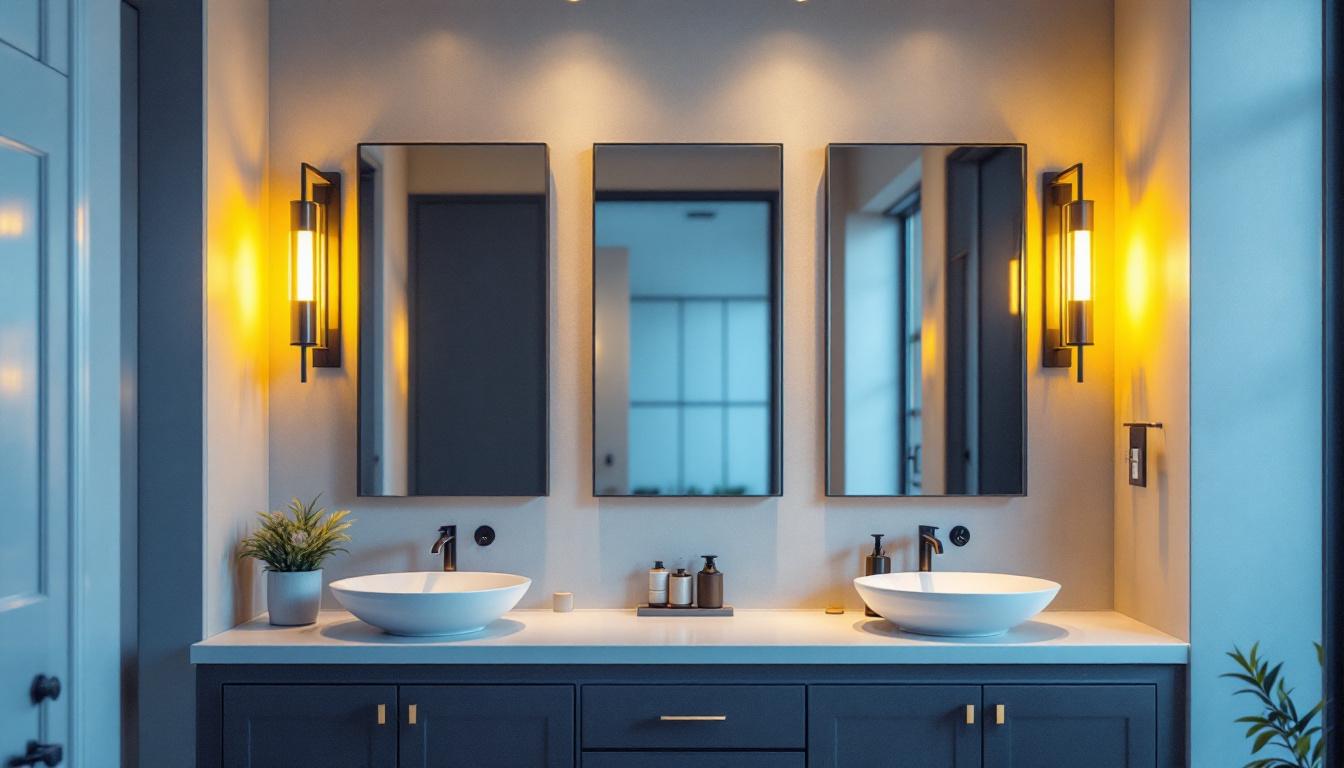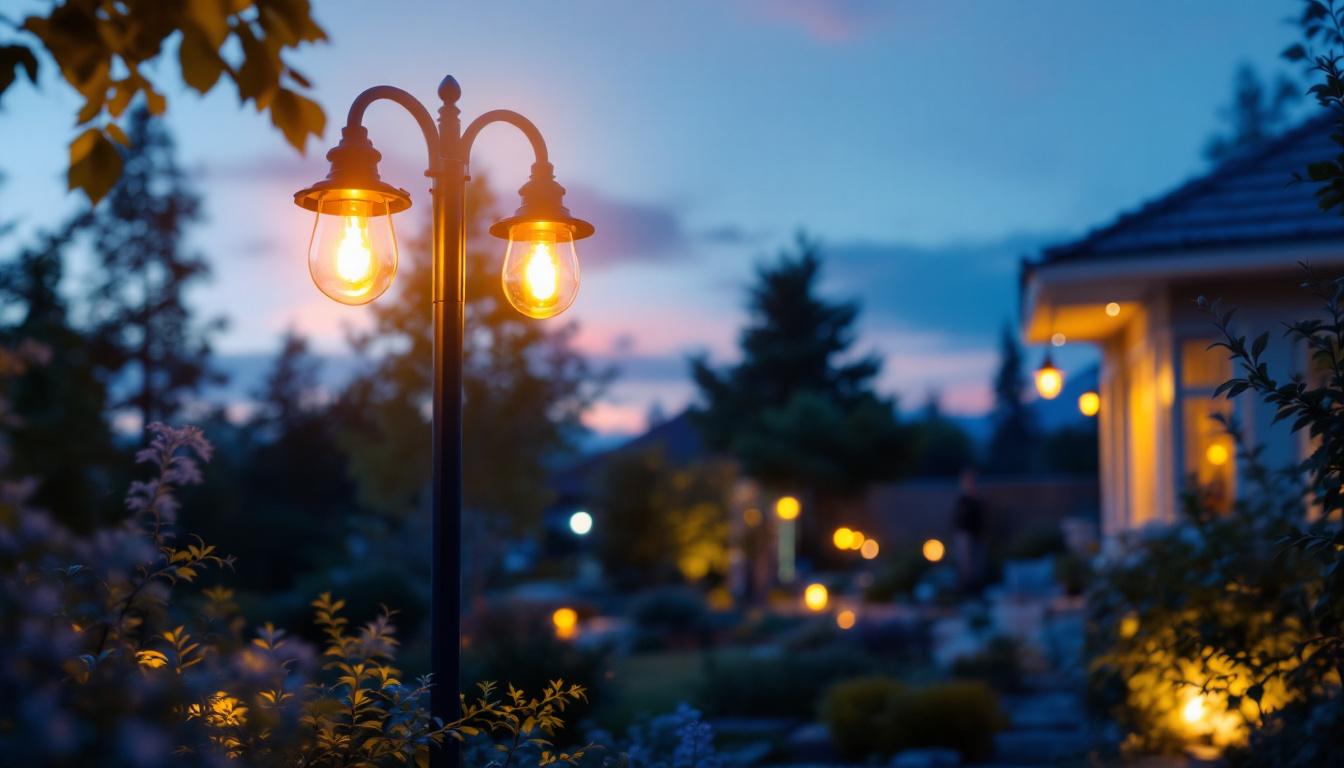
As the demand for sustainable energy solutions continues to rise, solar patio lights have gained significant traction in the outdoor lighting market. For lighting contractors, understanding the advantages and disadvantages of these fixtures is essential for making informed decisions that align with client needs and environmental goals. This article delves into the pros and cons of solar patio lights, providing a comprehensive overview for lighting professionals.
Solar patio lights are outdoor lighting fixtures that harness solar energy to illuminate outdoor spaces. Equipped with solar panels, these lights convert sunlight into electricity, which is stored in batteries for nighttime use. Their increasing popularity can be attributed to advancements in solar technology, making them more efficient and reliable than ever before. These lights not only serve a functional purpose but also contribute to a more eco-friendly lifestyle, reducing reliance on traditional electricity sources and minimizing carbon footprints.
Solar patio lights typically consist of a solar panel, a battery, an LED light source, and a light sensor. During the day, the solar panel absorbs sunlight and converts it into electrical energy. This energy charges the battery, which powers the LED light when the sun sets. Most models are equipped with a light sensor that automatically turns the light on at dusk and off at dawn, ensuring convenience for users. Additionally, many modern solar patio lights come with features such as adjustable brightness settings and motion sensors, allowing for greater customization and energy efficiency. This means that users can enjoy well-lit outdoor spaces while also conserving energy when the lights are not needed.
There are various types of solar patio lights available on the market, each designed for different applications. Some common types include:
In addition to these common types, there are also solar lanterns, which can add a charming, rustic touch to patios and gardens. These lanterns often feature intricate designs and can be placed on tables or hung from hooks, creating a warm and inviting ambiance. Furthermore, some solar lights are designed to be decorative, featuring artistic elements that can serve as both lighting and art installations, enhancing the overall aesthetic of outdoor spaces. With so many options available, homeowners can easily find solar patio lights that not only meet their functional needs but also reflect their personal style.
Solar patio lights offer numerous benefits that can appeal to both contractors and clients. Understanding these advantages can help lighting professionals make a strong case for their inclusion in outdoor lighting designs.
One of the most significant benefits of solar patio lights is their energy efficiency. By relying on renewable solar energy, these lights reduce electricity consumption and lower energy bills. For environmentally conscious clients, this aspect is particularly appealing, as it aligns with their sustainability goals.
Solar patio lights are typically easy to install, requiring no hardwiring or electrical work. This simplicity can save contractors time and labor costs, allowing them to complete projects more efficiently. Additionally, the absence of wiring means fewer complications during installation, reducing the risk of electrical hazards.
Once installed, solar patio lights require minimal maintenance. Most models are designed to withstand various weather conditions, and their LED components have a long lifespan. Regular cleaning of the solar panels to remove dirt and debris is usually the only maintenance required, making them a hassle-free option for clients.
While solar patio lights have many advantages, they also come with some drawbacks that contractors should consider. Addressing these concerns upfront can help manage client expectations and lead to more informed decisions.
The primary drawback of solar patio lights is their dependence on sunlight. In regions with limited sunlight or during cloudy days, the efficiency of these lights can be significantly reduced. This limitation may lead to inconsistent performance, particularly in areas where reliable lighting is essential.
Although solar patio lights can save money on energy bills over time, the initial investment can be higher than traditional lighting options. Contractors must weigh the long-term savings against the upfront costs when presenting solar options to clients. It’s important to highlight the potential return on investment to justify the expense.
The performance of solar patio lights can vary based on several factors, including the quality of the solar panels, battery capacity, and the design of the fixture. Lower-quality products may not provide adequate illumination or may have a shorter lifespan. Contractors should prioritize high-quality products to ensure client satisfaction and reduce the likelihood of returns or complaints.
When selecting solar patio lights for a project, several factors should be taken into account to ensure optimal performance and client satisfaction. Understanding these elements can help lighting contractors make informed choices.
The quality of the solar panel, battery, and LED components can significantly impact the performance and longevity of solar patio lights. Contractors should seek products from reputable manufacturers that offer warranties and guarantees. Investing in high-quality components can lead to better performance and fewer issues down the line.
Brightness is a crucial factor in outdoor lighting. When selecting solar patio lights, it is essential to consider the lumens output. Higher lumens indicate brighter lights, which may be necessary for areas requiring more illumination. Contractors should assess the specific lighting needs of each project to determine the appropriate brightness level.
Solar patio lights come in various designs and styles, allowing contractors to choose fixtures that complement the overall aesthetic of the outdoor space. Whether clients prefer a modern look or a more traditional design, there are options available to suit diverse tastes. Ensuring that the lights blend seamlessly with the environment can enhance the overall appeal of the project.
Proper installation is key to maximizing the performance of solar patio lights. Here are some essential tips for lighting contractors to consider during the installation process.
To ensure that solar patio lights receive adequate sunlight, it is crucial to choose optimal placement locations. Avoid areas that are shaded by trees, buildings, or other structures, as these can hinder the solar panels’ ability to charge fully. A well-thought-out placement strategy can significantly enhance the lights’ performance.
Seasonal changes can affect the amount of sunlight available for charging solar patio lights. In regions with significant seasonal variations, contractors should advise clients on potential adjustments, such as repositioning lights or using supplemental lighting during darker months. Flexibility in lighting solutions can help maintain consistent illumination throughout the year.
Before completing the installation, it is advisable to test the solar patio lights to ensure they function correctly. This step allows contractors to identify any issues with the solar panels, batteries, or LED components before the project is finalized. Addressing any problems at this stage can help avoid complications later on.
Educating clients about solar patio lights is essential for ensuring satisfaction and managing expectations. Effective communication can help clients make informed decisions and understand the benefits and limitations of solar lighting solutions.
Clients may not be familiar with how solar patio lights work. Taking the time to explain the technology behind these fixtures can help clients appreciate their value. Discussing the benefits of energy efficiency, low maintenance, and ease of installation can also enhance their understanding and acceptance of solar options.
It is essential to set realistic expectations regarding the performance of solar patio lights. Clients should be made aware of factors such as dependence on sunlight, potential performance variability, and the need for regular maintenance. Clear communication can prevent misunderstandings and ensure a positive client experience.
Encouraging clients to provide feedback on their solar patio lights can be beneficial for contractors. Not only does this feedback help identify potential issues, but it also provides valuable insights for future projects. Engaging with clients after installation fosters a positive relationship and can lead to repeat business and referrals.
Solar patio lights present both opportunities and challenges for lighting contractors. Understanding the pros and cons of these fixtures allows professionals to make informed decisions that align with client needs and sustainability goals. By considering factors such as quality, brightness, and installation techniques, contractors can successfully incorporate solar lighting solutions into their projects.
As the industry continues to evolve, embracing innovative lighting technologies like solar patio lights can enhance a contractor’s reputation as a forward-thinking professional. By educating clients and setting realistic expectations, lighting contractors can pave the way for successful solar lighting installations that benefit both the environment and their business.
Ready to elevate your lighting projects with the efficiency and sustainability of solar patio lights? At LumenWholesale, we offer contractors the highest quality, spec-grade lighting products at unbeatable wholesale prices. Say goodbye to local distributor markups and hello to a vast selection of reliable, high-performance lighting that meets the highest industry standards. Take advantage of our hassle-free bulk buying and free shipping to get premium lighting at the best value — all without hidden fees or compromises. Make your next project shine with the perfect blend of quality, affordability, and convenience at LumenWholesale.

Discover the pros and cons of 8-light vanity lights compared to alternative options in this comprehensive guide.

Discover essential insights and practical tips for lighting contractors working with LED solar mini systems.

Discover how outdoor electric light posts can enhance your business profitability.

Discover how wall-mounted light fixtures can revolutionize the workflow for lighting contractors, offering significant savings in both time and money.